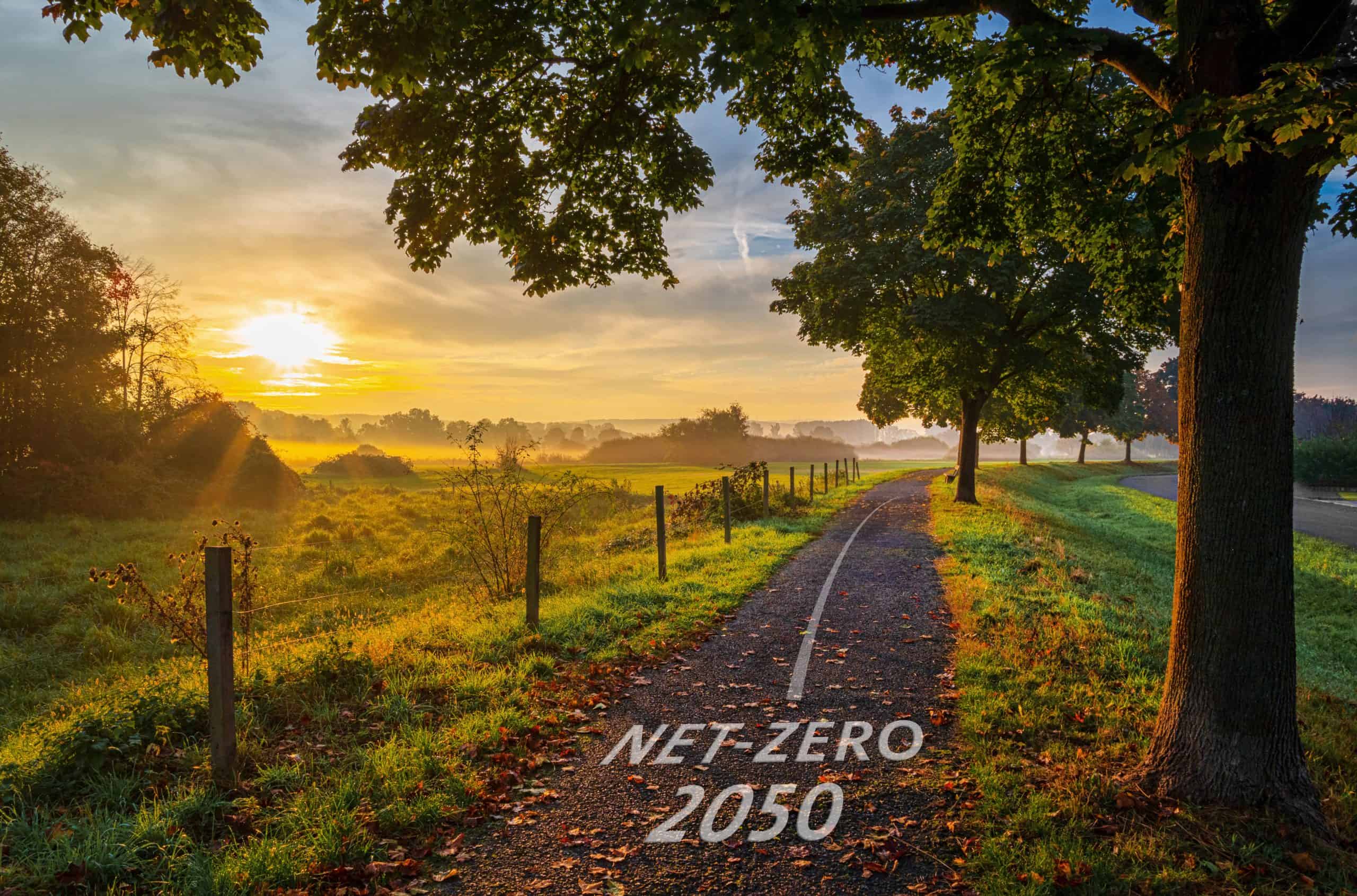
Energy transition gaining momentum: make sure you’re part of the debate in Brussels
Energy transition gaining momentum: make sure you’re part of the debate in

The energy crisis, resulting in high energy prices and persistent inflation, along with the hard blow from the coronavirus crisis, created a reflex of reduced investments and cutting back production capacity.
In addition, there is pressure to rapidly reduce the CO2 emissions from the industrial sector. The latest IPCC report doesn’t mince words…
And then there’s the “Inflation Reduction Act” (IRA), a large budget plan in the US aimed at stimulating “clean tech” sectors, provided they are “made in the USA.” By offering generous subsidies, the IRA lures companies into investing in the US, resulting in a substantial competitive disadvantage for the Netherlands, and Europe.
To tackle all these challenges, the government is increasingly taking (back) control of the industry. Consider, for example, the Dutch government’s tailor-made agreements with major companies to reduce CO2 emissions. It’s important to note that industrial policy has taken on a more “vertical” character, where the government not only sets enabling conditions but actively intervenes with incentives and investments for specific industries or ecosystems. The state is once again an active player. And this shift towards more active political steering is here to stay.
We also see a more assertive attitude towards industrial policy in Brussels. Initially, ad-hoc measures were often taken to deal with crises—think of temporary flexibilisation of state aid rules. However, the European Commission has now presented a package of measures and proposals that are based on a holistic, long-term plan.
With the “Green Deal Industrial Plan” and the “Net Zero Industry Act,” parallel to the “Critical Raw Materials Act,” the European Commission outlines the contours of the future industrial policy in the EU.
And the European plans are full of ambitions; from greater independence and “strategic autonomy”, to climate neutrality, circularity, diversification, and innovation. These are the big themes for which the ground rules for EU countries are set out in EU Regulations and Directives.
This European package will form the basis of heated debates on the future of industry in Europe, and thus that of the Netherlands.
Remarkably, there is a strong political desire from Brussels to produce “strategic green technologies” within Europe, namely 40% by 2030. The renowned Brussels think tank Bruegel referred to this as a return to Plan Calcul—a failed program from the 1960s that aimed to boost the national computer industry in France out of fear of becoming too dependent on the US. The parallel with the IRA is hard to miss.
This is just one example of what will be up for discussion in the coming months. Proposed special schemes for specific clean technologies, production targets, or potential trade restrictions will also stir up considerable debate in the political arena.
As Frans Timmermans, the EU’s Green Deal chief, often emphasizes, we are in the midst of a new industrial revolution—the transition to a low-carbon and more circular economy. However, the big question is: who will be the winners and losers of this transition, and what does the international playing field look like for businesses?
Hague Corporate Affairs helps companies and other stakeholders in The Hague and Brussels anticipate relevant developments and provides insights into political and policy trends.
In the coming weeks and months, we will regularly share insights and organise informal gatherings to exchange thoughts on industrial policy developments.
Interested? Interested? Feel free to contact Account Director Jorick Albers. In a non-binding conversation, we can discuss the opportunities and challenges for your organisation. Click here to get in touch.
Every quarter, we send out a newsletter with blogs from our experts and the latest updates on the transitions. Want to stay informed about developments that are relevant to your organisation? Then sign up below.


Energy transition gaining momentum: make sure you’re part of the debate in